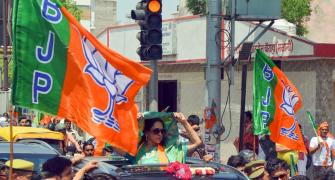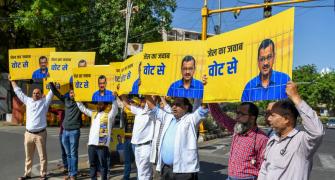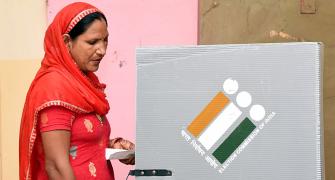Ranbaxy Laboratories Ltd, the country's largest pharmaceuticals company, has found a successor for Malvinder Mohan Singh to head its Indian business. And he is from within the company.
Sanjeev Dani, who was working in the company as the head of the Delhi hub of Indian operations, has now been designated regional director (India operations).
Malvinder was appointed president (pharmaceuticals) of Ranbaxy and co-opted on the company's board of directors in December last year.
This had led to the post of regional director (Indian operations) lying vacant. It has now been filled with Dani. Malvinder had served on this post for one year.
Dani joined Ranbaxy in March 2001 after having worked with Johnson & Johnson in India and China.
After a while, he had come to head the New Delhi hub of the company's Indian operations. Ranbaxy's Indian business is divided into two hubs: Delhi and Mumbai. Of the two, the Delhi hub handles more business than the Mumbai hub.
"We did not have to look outside when it came to choosing a successor for Malvinder. This shows the depth of our management strength," Brian Tempest, joint managing director and chief executive officer designate, Ranbaxy, told Business Standard.
The Indian market accounts for roughly 18 per cent of Ranbaxy's global turnover. The company is the third largest player in the domestic market after GlaxoSmithKline and Cipla.
In the early-1990s, it was the market leader but rivals stole a march over it during the next few years. However, once Malvinder took over, the company is known to have recovered some market share it had lost.
Though it accounts for less than two per cent of the world pharmaceuticals market, over the years India has emerged as the toughest place to do business in for drugmakers. As the country recognises only process patents, there are over 40-50 brands for each molecule.
Any company, which introduces a new product finds dozens of competing clones within weeks, leaving it with little time to build the brand. However, the market dynamics are expected to change once the regime of product patents is reintroduced in 2005.






